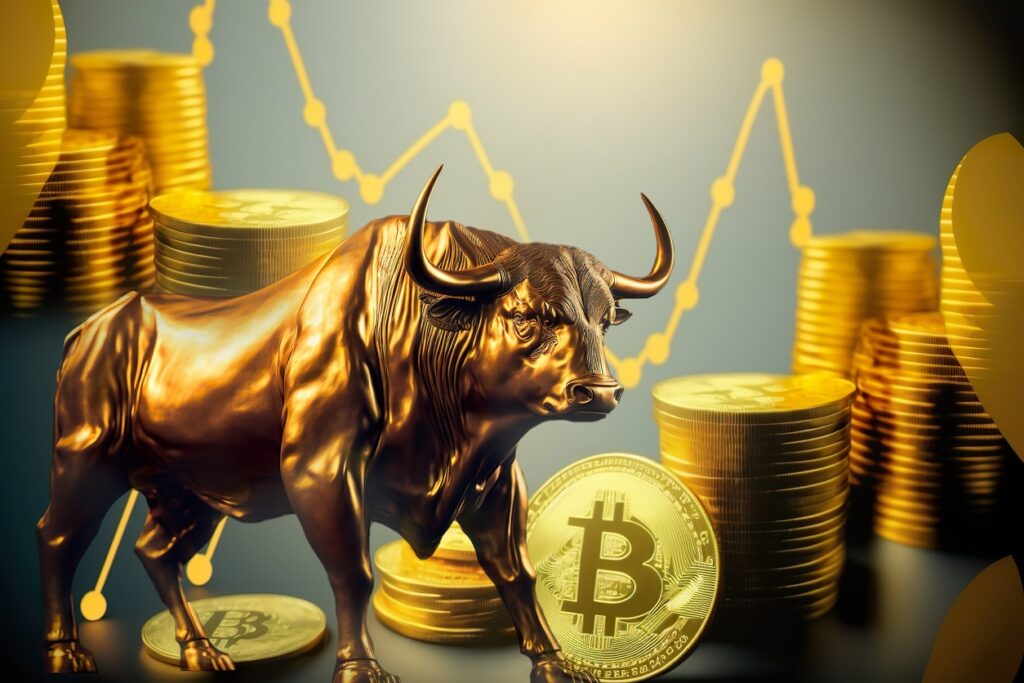Bulls back on top, but all eyes on the Federal Reserve

Key Takeaways Crypto banks best January in nearly a decade 68% of the Bitcoin supply in profit, compared to 50% at the start of January Correlation between Bitcoin and risk assets is close to all-time highs, with Federal Reserve’s interest rate policy continuing to hold the key It’s important to celebrate the wins, huh? And […]
Binance is holding more SHIB than any other exchange as a reserve

Source link